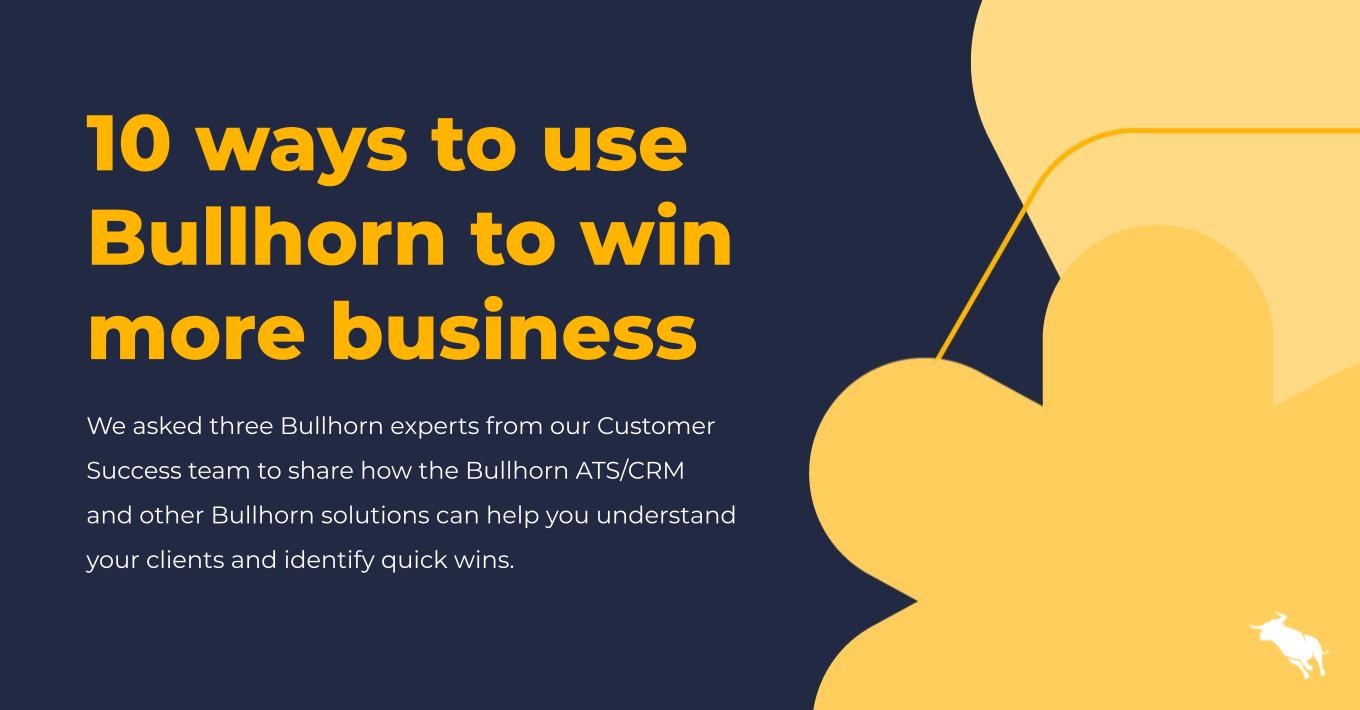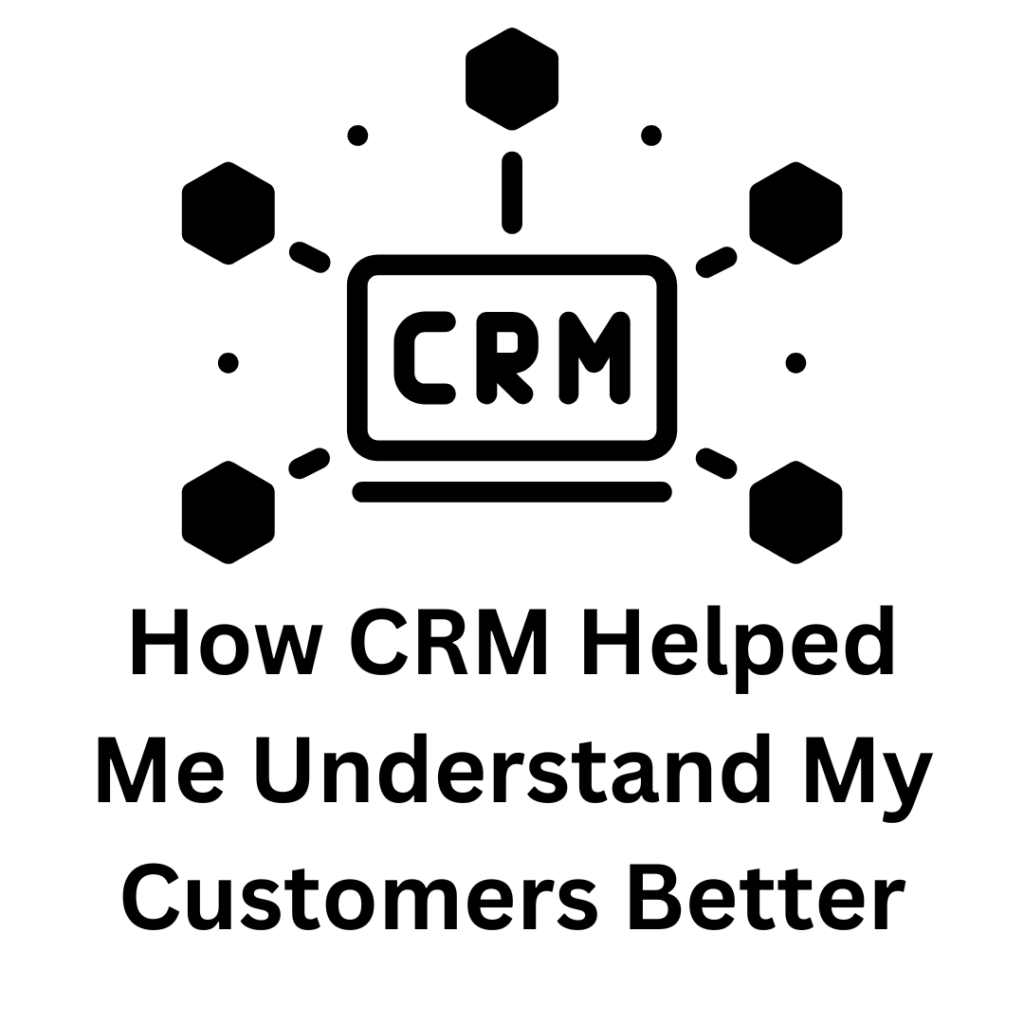Customer Relationship Management (CRM) tools have transformed how businesses understand their clients. They offer insights that were once hard to gather and analyze.
Before using a CRM, I felt disconnected from my customers. I lacked insights into their needs and preferences. Everything changed once I started using a CRM. With a CRM, I could track customer interactions, analyze their behaviors, and understand their pain points.
This tool helped me see patterns and trends I had missed before. It allowed me to tailor my services to meet their needs better. The result? Happier customers and better business outcomes. In this blog, I’ll share how CRM made a difference in understanding my customers and improving my business strategies. Stay tuned to discover how it can help you too.

Credit: taxdome.com
Customer Data Management
Understanding customers is crucial for any business. Customer Relationship Management (CRM) systems have transformed how businesses manage customer data. Effective Customer Data Management involves collecting, analyzing, and using data to improve customer interactions and satisfaction.
Data Collection
A CRM system collects data from various sources. This includes:
- Emails
- Phone calls
- Social media interactions
- Website visits
All this data is stored in one place. This makes it easy to access and manage. You can see all interactions with a customer in a single view. This complete view helps in understanding customer needs better.
Data Analysis
Collecting data is just the first step. The next step is analyzing this data. A CRM system helps in:
- Identifying trends
- Understanding customer behavior
- Segmenting customers based on their needs
By analyzing data, you can create targeted marketing campaigns. You can also identify which customers are more likely to make a purchase. This helps in prioritizing leads and improving sales efficiency.
Effective Customer Data Management through a CRM system has many benefits. It provides a complete view of customer interactions. It also helps in making data-driven decisions. This leads to better customer satisfaction and business growth.

Credit: www.cloudextend.io
Improving Customer Relationships
Improving customer relationships is vital for any business. Understanding your customers better can lead to stronger connections and increased loyalty. A Customer Relationship Management (CRM) system can be an essential tool to achieve this. Here’s how CRM helped me improve my customer relationships.
Personalized Interactions
CRM systems allow for personalized interactions with customers. They store detailed information about each customer. This includes their preferences, past purchases, and interaction history. With this data, I can tailor my communications. Customers feel valued and understood. They receive relevant offers and content. This leads to more meaningful engagement.
Customer Retention
Retaining customers is easier with a CRM. It helps track customer satisfaction and identify potential issues. CRM tools send reminders for follow-ups and special occasions. This keeps the relationship active and positive. Happy customers are more likely to stay loyal. They also tend to refer others to your business.
Enhanced Sales Strategies
Understanding customers is crucial for any business. CRM tools have been a game-changer in enhancing sales strategies. They help businesses get a clear picture of customer needs. Here’s how CRM helped me refine my sales approach.
Sales Tracking
CRM systems offer detailed sales tracking. They provide insights into each stage of the sales process. You can see which deals are in progress. Track which ones have been closed. This helps in identifying successful patterns. It also points out where improvements are needed. Sales tracking in CRM keeps the sales team focused. It ensures no opportunity is missed.
Lead Management
Managing leads effectively is vital. CRM systems streamline lead management. They categorize leads based on various criteria. You can prioritize high-potential leads. This ensures that the sales team focuses on the right prospects. CRM also tracks lead interactions. It helps in understanding what works best for conversion. This leads to more efficient and effective sales efforts.
Streamlining Marketing Efforts
Customer Relationship Management (CRM) systems have transformed how businesses manage their marketing efforts. By leveraging CRM, I have streamlined my marketing processes, making them more efficient and effective. Let’s delve into how CRM has enhanced my marketing strategies.
Targeted Campaigns
With CRM, I can create targeted campaigns by segmenting my audience based on specific criteria. This ensures that I reach the right customers with the right message.
- Segment customers by demographics
- Analyze purchasing history
- Identify customer preferences
This targeted approach leads to higher engagement and better conversion rates. By understanding my customers’ needs, I tailor my messages to resonate with them.
Performance Metrics
CRM provides detailed performance metrics, allowing me to track the success of my campaigns. This data-driven approach helps in making informed decisions.
| Metric | Description |
|---|---|
| Open Rate | Percentage of customers who opened the email |
| Click-Through Rate | Percentage of customers who clicked on the link |
| Conversion Rate | Percentage of customers who made a purchase |
By analyzing these metrics, I can identify which strategies work best. This enables me to refine my marketing tactics for better results.

Credit: www.bullhorn.com
Frequently Asked Questions
What Is Crm And How Does It Help?
CRM stands for Customer Relationship Management. It helps you track and manage customer interactions, improving relationships and sales.
How Does Crm Improve Customer Understanding?
CRM collects customer data. Analyzing this data helps you understand their needs, preferences, and behaviors better.
Can Crm Help In Personalizing Customer Communication?
Yes, CRM allows personalized communication by storing customer preferences and history. This makes your messages more relevant and engaging.
How Does Crm Enhance Customer Satisfaction?
CRM helps address customer issues quickly and efficiently. This leads to higher satisfaction and loyalty.
Conclusion
Understanding customers became easier with CRM. It provided valuable insights. This led to better decisions. CRM tools helped track customer preferences. Communication improved significantly. Customer satisfaction increased. The relationship grew stronger. Trust was built. Business goals aligned with customer needs.
The journey with CRM was beneficial. It’s worth considering for any business.

